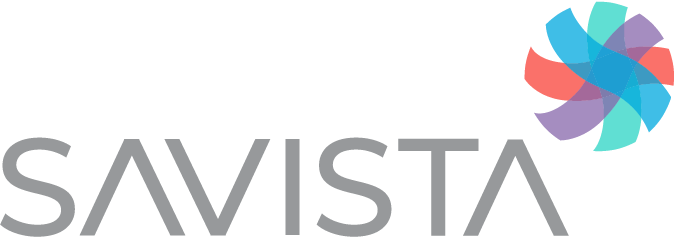Studies show that the pandemic continues to negatively impact the financial health of our nation’s hospitals and health systems' operational processes. Now is the time for health systems to routinely assess operational processes, identify gaps in productivity, and enact measures to boost revenue cycle management performance as we look to recoup lost revenue in the wake of COVID-19.
Healthcare Quality Assurance (QA) programs are one of the first steps towards regaining financial stability after a challenging time. Utilizing a spectrum of assessment tools, QA teams will ascertain the root causes of operational inefficiencies and share these findings with their education teams. It’s crucial that QA and Education teams remain tightly aligned within the hospital setting, working hand in hand to address and remedy fractured processes.
Education colleagues can then devise training programs and other strategies to help reduce the volume and severity of the revenue cycle management inefficiencies. From here, hospitals can improve overall performance, setting the stage for effective revenue recovery. A subsequent round of QA assessments may lead to another wave of trainings and process improvements, establishing an ongoing cycle of growth which benefits the hospital or health system's operational process.
Recently, our QA team conducted an assessment to identify operational inefficiencies at three large health systems. Utilizing Lean Six Sigma methodology, colleagues analyzed data to isolate opportunities for improvement and encourage optimal performance. Four unique categories of denials management were identified as primary causes of significant revenue leakage, and more than 80% of related errors stemmed from revenue cycle colleagues. Out of a sampling of over 3,000 patient encounters, our teams identified $4M in monthly denials with errors present.
The QA and Education teams partnered together to review the results of the audits and assessment and determine causal factors of the identified inefficiencies. This collaborative process laid the groundwork for rolling out targeted training programs to address specific shortcomings and streamline processes. In healthcare, quality assurance processes are invaluable.
Leveraging a combination of hands-on and online training, the health systems delivered effective education by presenting scenarios that can directly impact a hospital’s bottom line. The training was designed to highlight the dollar amounts of revenue losses stemming from certain errors, helping colleagues fully grasp their role within the larger revenue cycle.
An online course is now required for all colleagues at these health systems, addressing various revenue cycle components to ensure a comprehensive understanding. New hire curriculums have also been updated to incorporate new best practices, and the hospitals will continue to amend their programs as new research surfaces.
To meet forecasted targets year over year, our healthcare revenue cycle management experts at Savista recommend starting from the ground up to benefit your hospital or health system's operational processes, establishing regular QA efforts and clear expectations for new hires. Consistent review of content is key. For instance, hospitals can introduce regular micro trainings to help reinforce common themes. These brief educational videos and modules can fortify staff members in a few short minutes.
Breaking silos between Operations, Quality, and Training is a win-win for patients, clients, and colleagues alike. Through this cycle of continuous improvement, health systems can maintain:
- - Improved margins and revenue
- - Effective onboarding processes
- - Attainable KPI support
Want to learn more?
Contact our team today using the form below. We’ll answer questions about how you can leverage routine Quality Assurance to your advantage.
DENIAL MANAGEMENT
Don’t Just Manage Denied Claims. Prevent Them.
How are you managing your denials today? Do you know where they're coming from? Do you have workflows in place to bring accounts to resolution? 1/3 of hospitals report an alarming denial rate of 10% or greater of all their claims, costing up to 2% of their net patient revenue. How do you compare?


Contact Us
Let's Get Started
Get in touch with a representative today and find out how Savista can transform your business.
